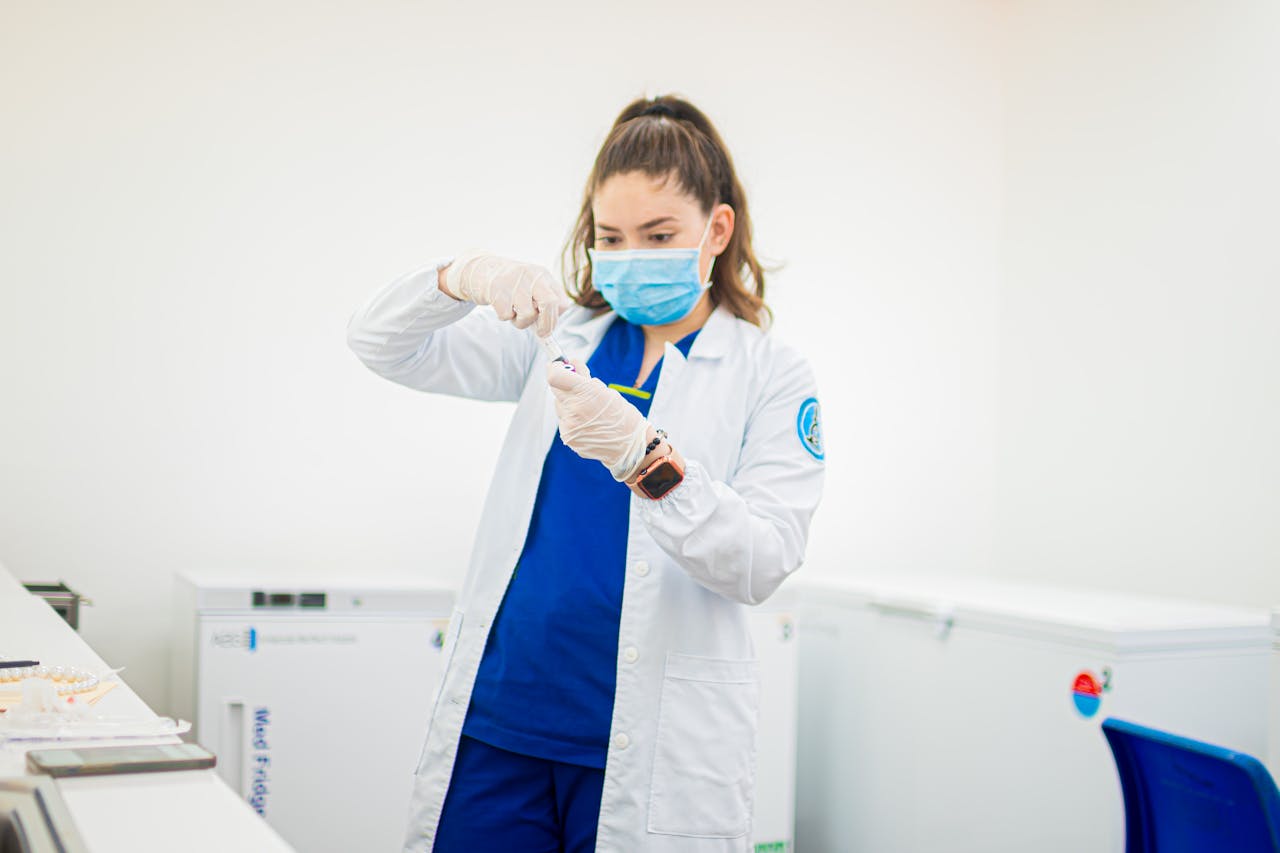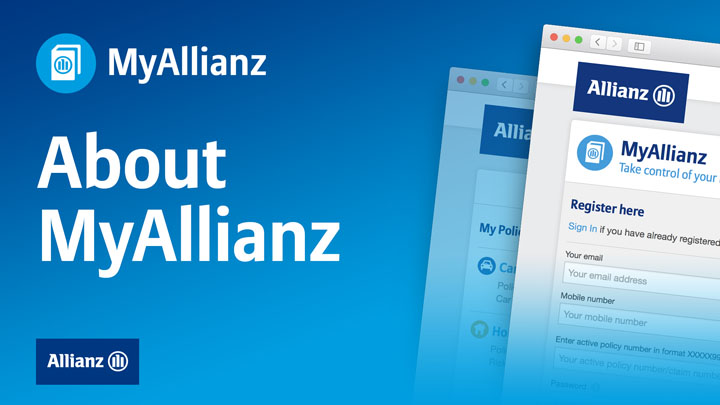OSHCstudents – When being admitted to hospital as a private patient, you may have to contribute toward the cost of your treatment. So how can you avoid these costs?

Out of pocket costs
In most cases, these out of pocket costs relate to medical fees charged by your treating doctors and health care providers. You may also incur out of pocket costs for hospital fees and prostheses.
In Australia, doctors and health care providers decide how much to charge for their services. Before you receive your treatment you are entitled to ask your doctor or health care provider, your health insurer and your hospital about any costs you may have to pay out of your own pocket, commonly known as a ‘gap’ payment.
We recommend that you ask about fees as soon as possible when consulting with a doctor or health care provider ahead of a hospital admission, or as soon as practicable if you need to be admitted to hospital urgently.
If your doctor arranges for your admission to a hospital or day surgery as a private patient, we recommend that you ask your doctor or your doctor’s office staff the following questions:
- What are the MBS item numbers for the services the doctor is going to perform and what will be the charge for each of these services?
- Does the doctor participate in my health insurer’s gap cover scheme and will the doctor treat me under this arrangement?
- Will I incur any personal out of pocket expenses and, if so, how much? (You should confirm this with your health insurer.)
- Who are the other doctors treating me during the admission (e.g. anaesthetist, assistant surgeon) and how can I get an estimate of their fees?
- Will the doctor provide me with a written estimate of any costs I’ll have to pay so I can consider this when agreeing to the treatment?
- How will the doctor bill me?
- Which hospital will be admitted to and does this hospital have an agreement with my insurer?
- When will I have to pay?
If you can’t afford the treatment, discuss alternative treatment options with your specialist or GP. You may also consider shopping around to see what other specialists charge or consider being treated as a public patient at a public hospital.
You should contact your health insurer to ask about benefits for your hospitalisation and your medical bills.
Medicare can confirm the amount they will pay for the medical services provided if necessary. You can visit your local Medicare Office, contact them on 132 011 or online at Services Australia.
What can I do if my bill is much higher than expected?
In the first instance, we suggest you contact your doctor’s or health care provider’s office to check whether you agreed to these charges before treatment, and discuss the reasons for the various charges.
If you still consider that the charge is unfair or significantly more than you were advised, we suggest that you pay at least part of the bill. For instance, pay the amount that you were expecting to pay or find out what the MBS fee is for the procedure(s) and pay that amount.
When you make that payment, provide a letter to your doctor or health care provider. This letter could include the following points:
- State the amount you are paying and explain why you are paying that amount, for now.
- Indicate what amount you were expecting to pay and why you expected to pay that amount.
- Ask if any procedures have been performed other that the ones you were expecting or if a case can be made for the unexpected charge.
- Indicate any personal circumstances that affect your ability to pay the higher fee.
- Suggest what further amount you would be prepared to pay (if any) and what payment arrangements you would like to make.
- Ask for a written response to your letter.
Where can I seek further assistance?
If you can’t resolve your issue directly with your doctor or health care provider, you can seek assistance from another organisation:
| Type of issue | Who to contact |
| A private health insurance-related matter, such as a dispute over the fee charged by a doctor or health care provider for in-patient treatment or a private patient hospital gap fee | Private Health Insurance Ombudsman |
| A competition or fair trade issue | Australian Competition and Consumer Commission |
| A health practitioner standards complaint | Australian Health Practitioner Regulation Agency |
| A complaint about the provision of healthcare, in a public or private setting, including disputes about medical bills | State and territory healthcare complaint bodies:
ACT: Health Services Complaints Commissioner NSW: Health Care Complaints Commission NT: Health and Community Services Complaints Commissioner QLD: Office of the Health Ombudsman SA: Health and Community Services Complaints Commissioner TAS: Health Care Complaints Commissioner |
You are international students or foreigners arrive to Australia, or Australian citizens traveling abroad who are looking for OSHC, OVHC, travel insurance, please contact OSHCstudents Team at email: info@oshcstudents.com and our partners for further information and assistance.
OSHCstudents (source: PrivateHealth)














